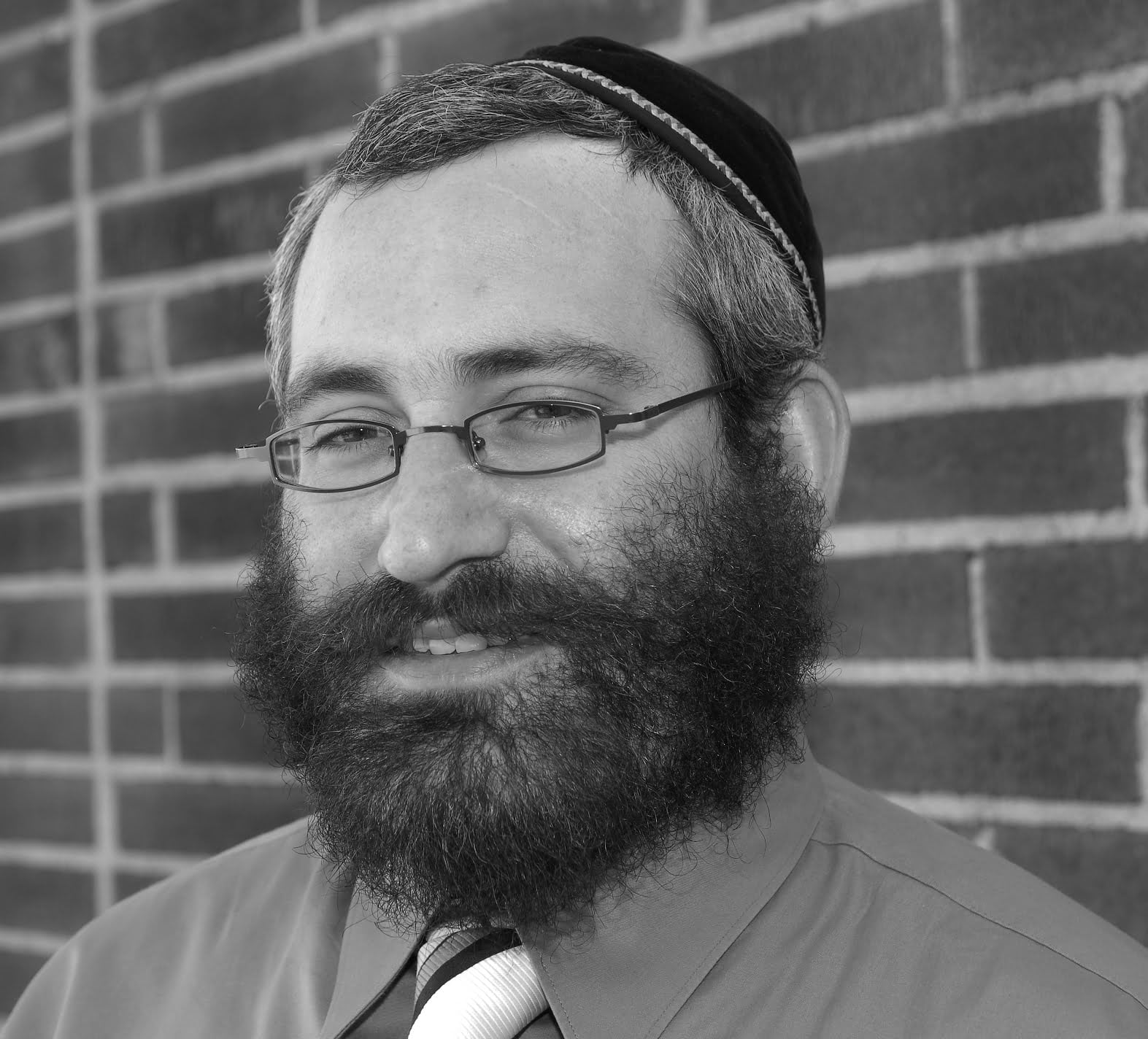QUESTION: Several years ago, I was working with a person who seemed like a good guy. I ranked above him as far as position in the company was concerned. I did a lot for this man. I lent him money when he was in dire straits, I helped him rent a car when his car died and, in general, tried to be what I would call a good friend.
I went on vacation for a couple of weeks, and he took over some of my responsibilities. When I returned, it was obvious he wanted my job and thought he could be better at it than I was. He had even convinced our boss that he should have a meeting about how poorly I was doing my job and how he could do a much better one. The boss was willing to hear him out. Thankfully, I had had great reviews over the past several years, and the boss and supervisors caught on to his game plan. Eventually, he left the company and moved out of the area.
Last week, I received a call from him asking how I was and what I was doing. He said he came across a glowing letter of recommendation that I had written for him and just wanted to reconnect. I was civil, but I really didn’t want to talk to him. The conversation ended without any invitation on my part to stay in touch. I don’t hate him and I don’t even dislike him. I just don’t want him in my life.
Obviously, I have some forgiving to do and that is very difficult given the circumstances. What should I do?
~ Still Carrying a Grudge
Dear Still Carrying a Grudge,
I am certainly sympathetic with your reasons for not wanting to have this person back in your life. And you don’t need to feel guilty. Unfortunately, there are people who do things to us that are very damaging, and it is sometimes best for us to distance ourselves from them. From your description, you did not treat him rudely, just not cordially. The Golden Rule reminds us that we should “love others as we love ourselves.” To me that means we need to love ourselves before we can love others. So the first person you need to forgive is yourself. The next person to forgive is the person who wronged you – not because his behavior was right but so that you can move on with your life. As the saying goes: “Holding a grudge is like drinking poison and waiting for the other person to die.” And you do not have to forget what happened to forgive him. Just don’t let it continue to plague your present happiness. As Anne Lamott wrote: “Forgiveness is giving up all hope of having had a better past.” You can’t change what happened, just how you react to it.
Then, remember all the reasons you have to be grateful today, including the lessons you learned from this negative experience. As you awaken each day, be thankful for the life you have and the opportunities that lie ahead to connect with other people in more positive ways. Hopefully, as each day passes, you will find new chances for self-awareness and growth that will heal your heart and your spirit.
Namasté.

Rev. Dr. Betty Stapleford, Minister
Unitarian Universalist
Church of the Verdugo Hills La Crescenta
bstaple4d@aol.com
Dear Still Carrying A Grudge,
I believe you have done outstanding in how you have handled this challenge. The hurt that was caused has affected you at many levels.
The majority of healing for you has already occurred. It is not necessary for you to communicate with him at any level and not wanting to have him in your life is not an indicator of being unforgiving. His inappropriate action can be forgiven without coming to any terms of agreement of accepting him as a person in your life given his character. You have done well in how you responded to him and should find comfort in your gracious and kind heart. You are a good example of appropriate behavior towards an unknowingly offensive person. Live well and be happy.
Blessings,

Pastor Mark Yeager, Chaplain
YMCA of the Foothills
myeager@ymcafoothills.org
QUESTION: I was at a family gathering recently and heard my son (I’ll call him Paul) speak to his stepson Mark, age 7, in a way I would call a “put-down.” I think Mark had done something but whatever that something was, it was minor because it wasn’t disruptive nor anything I noticed. Mark’s face visibly flushed, and I was sad for him.
I told my son I never talked to him that way when he was little. I know my son most of the time goes out of his way to be a good stepfather to this little boy, although I’ve heard him make similar comments before. And, in all fairness, I have to say my son tells him he is proud of his academic achievements and often compliments him for helping around the house.
When Paul’s little daughter was born, knowing that more than likely Mark would be jealous, he took him to places Mark liked to go, to let him know he wasn’t being “replaced” by the baby. Mark’s little sister Julia is now 3 years old, and I don’t see Paul playing favorites. When Julia does something out of line, she gets time out, as does Mark.
What wise wisdom do you have to offer about the way parents talk to their children?
~ Concerned Grandmother
Dear Concerned Grandmother,
You are very observant to notice how your grandson reacts to a put-down comment about his behavior from your son. Parenting is very difficult because every child is different. It is a fortunate child who has several adults looking out for his development. Criticism of inappropriate behavior is necessary for social development but, as you point out, should be done without a put-down. The criticism is of behavior not the child himself. I believe the key is to help the child understand how his behavior affects others. Self-esteem is critical to becoming a mentally healthy, fully functioning adult and it must be based on true achievements and realistic evaluations. You can always keep an eye out for opportunities to praise the positive things young Mark does to balance the corrections his parents are compelled to make.
Children are usually pretty resilient, especially when the overall atmosphere in their upbringing is positive and supportive. You note the other good parenting decisions your son and daughter-in-law are making, so that appears to be the case. A thoughtless comment in the heat of a moment, perhaps when your son is tired or preoccupied with other issues of modern life, is probably not damaging to the youngster. I would suggest keeping an eye for a pattern of such comments before intervening. Perhaps you could speak with your grandson to get an idea of how he feels. He may have already forgotten all about the incident.
If you see your son frequently using an insult to teach his stepson you can gently help him see it from the child’s viewpoint. It’s never too late to learn empathy.

Sharon Weisman
Atheist/agnostic/secular
humanist/free thinker
sharon@jetcafe.org
Dear Concerned Grandmother,
I appreciate your concern for how your grandchildren are being raised, and I applaud the fact that you care so much for their welfare. If more grandparents were so involved in their grandchildren’s lives, it would greatly enrich young and old alike.
However, as a parent of a 7-year-old myself, I know that I would not react very positively if one of my parents were to discipline me regarding how I discipline my children. I believe that interfering with the way that your son is raising his children is not a good idea, period. Only in extreme situations such as abuse or neglect should you intervene. Under all other circumstances, let your child be the parent while you play the loving grandparent.
It’s important to recognize that parents play the central and most important role in raising their children; grandparents are also important, but have a secondary position. It can become confusing and counter-productive for all involved if the roles are changed.
Make yourself available if advice is requested, but be very careful before offering it. Let’s not forget, you had your chance to raise your children the way you saw fit. Now you should give your son his opportunity to do the same. It’s unfair to expect your son to be the exact same parent you were, even if you feel that you did a better job.
Finally, please remember that your grandchildren need you. It’s wonderful when children have loving grandparents involved in their lives. By meddling where you should not, you might prompt your son to limit your engagement with your grandchildren – which would jeopardize the special relationship that you now enjoy.

Rabbi Simcha Backman
Chabad Jewish Center
rabbi@chabadcenter.org
